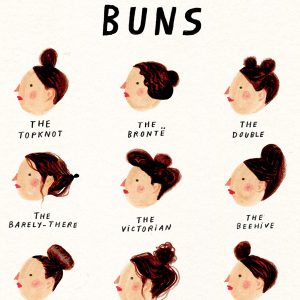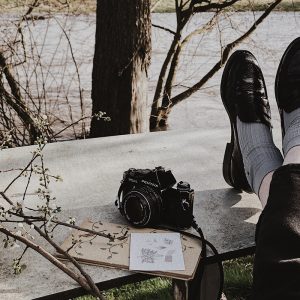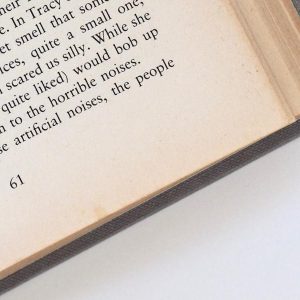Anna Karenina, Jane Eyre, To kill a mockingbird: all great literary classics that are chock-full of life lessons. Journalist Mariska Jansen explores what can be learned from the pages of a book.
According to British author Graham Greene, knowledge gained from literature begins the very moment you learn to read. That magical moment when separate letters suddenly begin to form words and mental images. The first book I read on my own was a story about a mouse, a mole and a little rat. They had to leave the field where they lived because people were building on the land. This mini emigration upset me; it went against the grain of my sense of fairness. The animals were there first! Even now, when I pass a construction site, I sometimes dwell on that story from my childhood. Which mice, moles and rats have had to relocate now?
Greene would call the moment that I read this story a decisive one for the rest of my life, because it taught me about good and evil, about unfair power dynamics and the need for nature preservation. According to Greene, the stories you read as a child are like windows through which you will continue to view the world around you. They allow you to see past your own backyard and become acquainted with other ways of life that are equally valuable.
For the African-American author Richard Wright, who grew up in the south of the US at the beginning of the 20th century, his encounter with literature was of great consequence. His love for books began when a maid in their household secretly told him the story of Bluebeard. In his book Warum Lesen glücklich macht (‘Why Reading Makes You Happy’), German author and teacher Stefan Bollmann writes that it was difficult for young Wright to obtain books to read, as black people were not permitted to borrow books from the library in that place and time. Eventually, Wright succeeded in taking out the books he wanted with a borrowed library card. ‘Surely you are not reading these books yourself?’, the librarian asked. ‘Oh no, ma’am, I can’t read’, he answered.
With access to these books, a new world opened up for Wright, who most decidedly could read. He learned how to see his disenfranchised position from a more distant perspective and figured out ways in which he, too, could exert control over his life. He moved to the north of the US where racism was less prevalent. Without his book-learned knowledge, Wright may never have been able to make that decision.
I have kept Greene’s philosophy in mind throughout my reading life and often note down what a book has taught me; what kind of lessons can be drawn from the words that have been imbibed. Curious what these are? You can read it in Issue 26.
Text Mariska Jansen Photography Kinga Cichewicz/Unsplash.com














